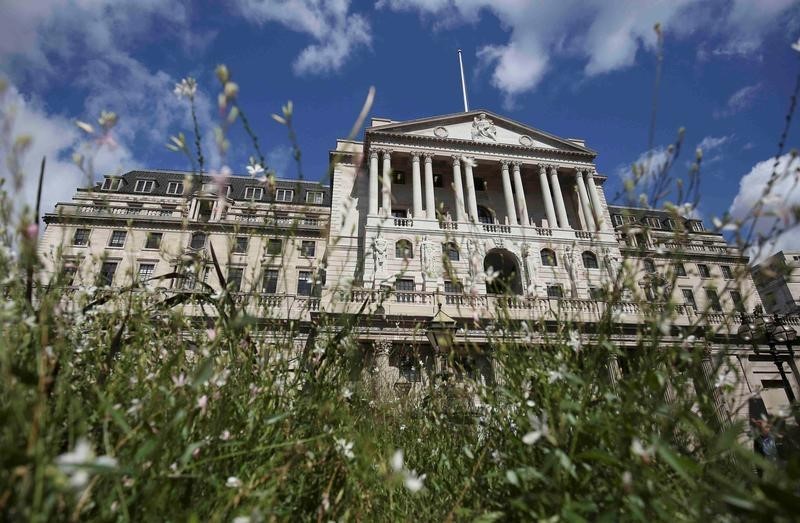LONDON (Reuters) - Monetary policy can only offer a "short-term balm" for the uncertainty facing Britain's economy in light of the vote to leave the European Union, the Bank of England's chief economist said on Sunday.
Andy Haldane said the Monetary Policy Committee was under no illusions that it could fully insulate Britain from the long-term effects of June's Brexit vote, in an opinion piece published in the Sunday Times newspaper.
His comments chime with a consensus among economists that Britain's government will need to unveil a new fiscal plan in the autumn to keep the economy on an even keel as it prepares to leave the EU.
"This is a structural shift in the UK's economic and trading regime, whereas monetary policy can offer no more than a short-term balm for economic uncertainty," Haldane said, adding that the result had thrown up a "dust cloud" of doubt in the economy.
"More fundamentally, (monetary policy) cannot close other structural faultlines across the UK economy — for example, regional, socio-economic, inter-generational and housing faultlines," wrote Haldane.
Over two-thirds of economists polled by Reuters last week said they expect the government to launch a "significant" fiscal stimulus to buttress the economy. [ECILT/EU]
While there have been patchy signs that consumer spending has remained robust since the vote to leave the EU, business surveys point to the worst slowdown in corporate activity since the 2008/09 recession.

Earlier this month the Bank cut interest rates to a new record low 0.25 percent and restarted its bond purchase programme in response to signs Britain's economy has slowed materially since the shock vote to leave the EU.